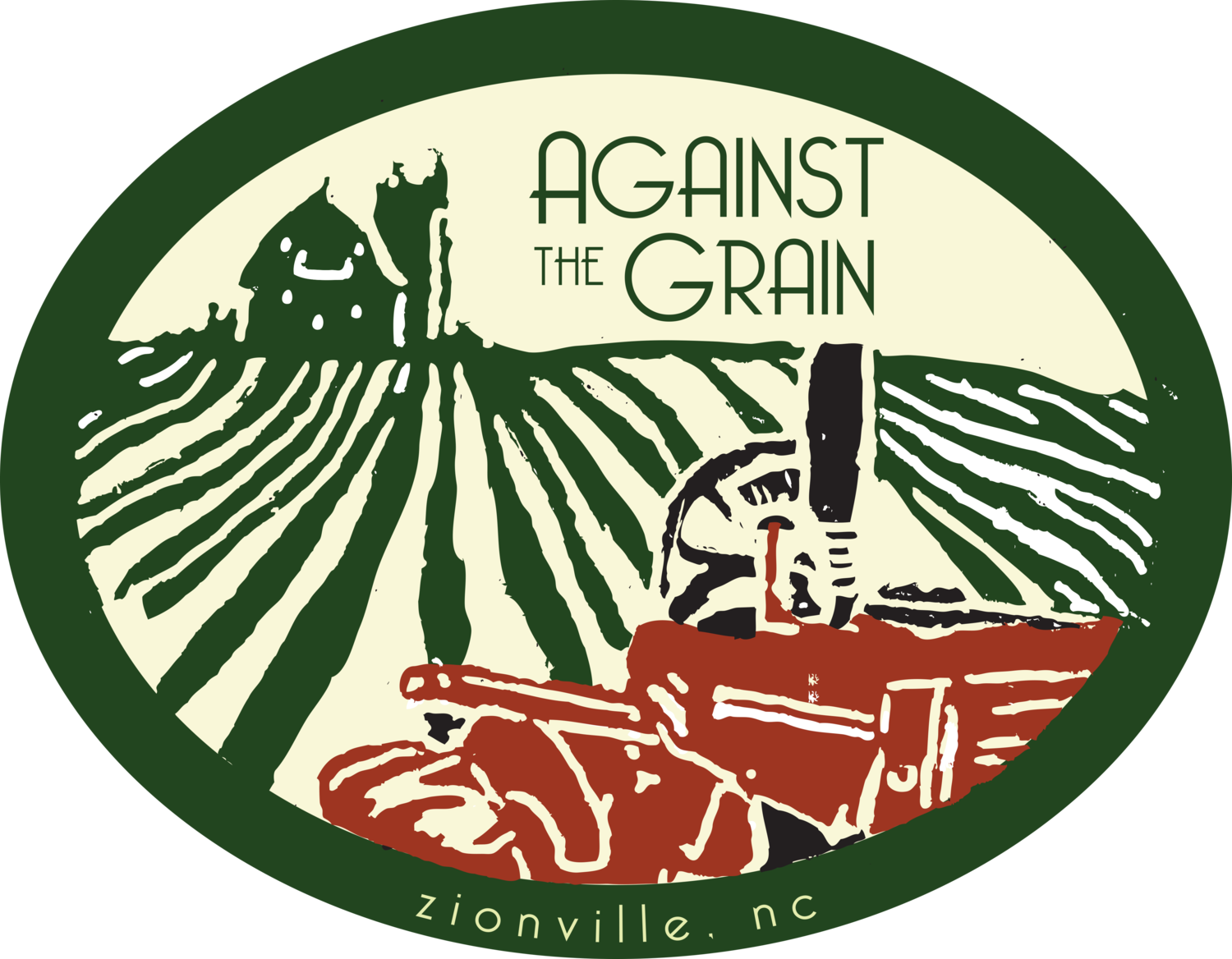On Wednesday this week ATG dug up the cow horns we buried last year—an annual ritual of Biodynamic agriculture. The horns are filled with high quality cow manure and capped with clay. After a year of being in the ground the manure transforms into a deep black substrate, called BD 500, which smells like humus and is thick like soft clay. That same day we potentized the 500 the substrate in rainwater and spread it out on our hay pastures and cultivated vegetable beds.
We do this twice a year—once in the spring, and again in the autumn—as a means of structuring and stimulating the soil, helping seed germination and root development, and dissolve minerals into the deep layers of the Earth. It’s a ritual to help the Earth during the most biologically intense times of the year.
While we were casting out the horn manure it felt as though we were letting the fields knew that winter is almost here—that the rush of summer is over. While walking and flinging the spray out together, the air felt dense: there is so much weight in supporting the land that has supported you all season long.
It was a nice coincidence that the spray coincided on Michaelmas, a day of celebration for the colder months, which is there to embolden all of us to overcome all of the cold-month depressions which may easily come. During this time of the season, there can be a lot of hurry on a farm rapidly preparing for winter. At ATG, we recently moved all of the garlic and onions to a building attached to a wood stove used to heat our high tunnels, and the first of many tomato plants came down just in the past two days. All the while, we’re building three more caterpillar tunnels to house the collards and kale over the winter. There is still plenty to do around the farm just as the days are getting shorter and shorter.
And yet there are the goldenrod and purple aster flowers that are well in bloom on the farm—especially in hedges outlining the pastures where we spread with horn manure (BD 500). While walking alongside these fall blossoms, it felt like the land was thanking us with a final triumph, or maybe even a goodbye. It’s in these tender moments of a farm worker’s relationship with their farm when they realize how significant their work was for the land over the summer—and how grateful the land was in return. We carried the buckets of potentized horn manure over our pastures because the least we could do is extend the thanks.
